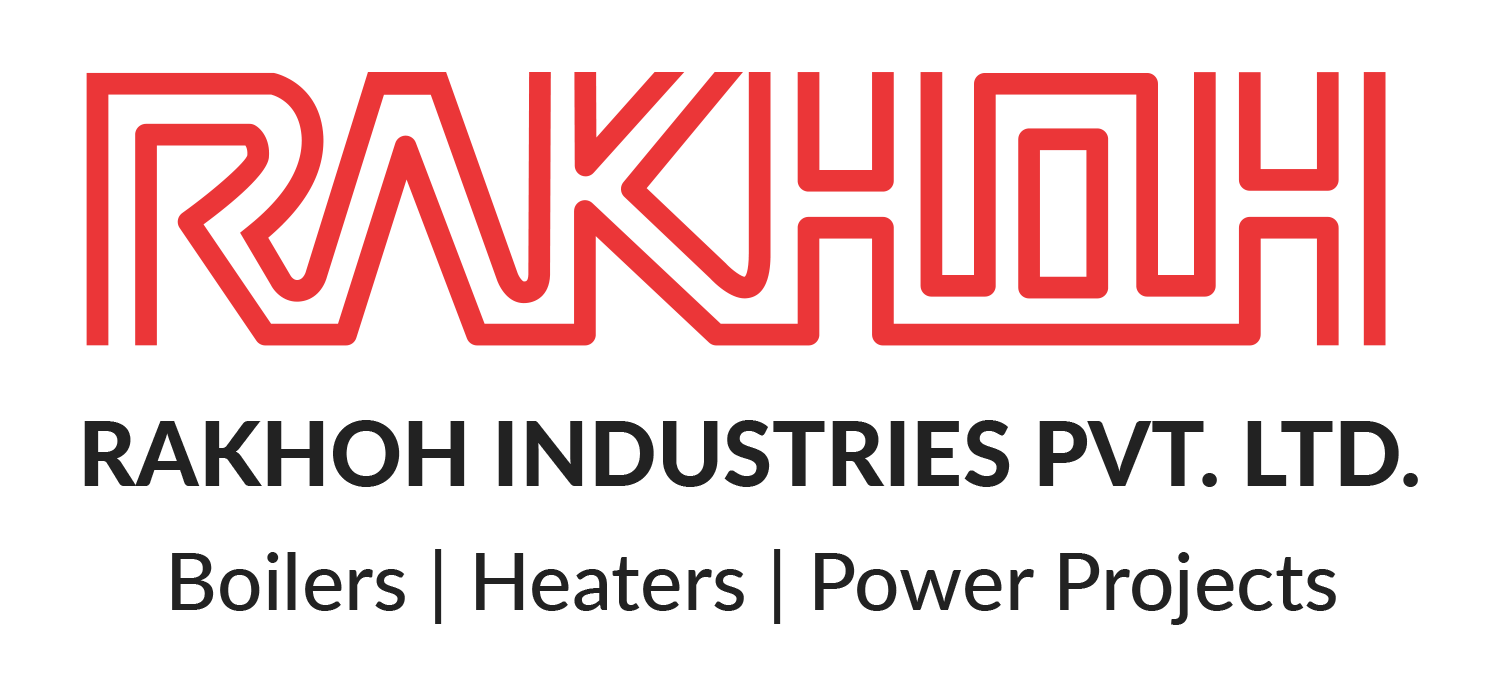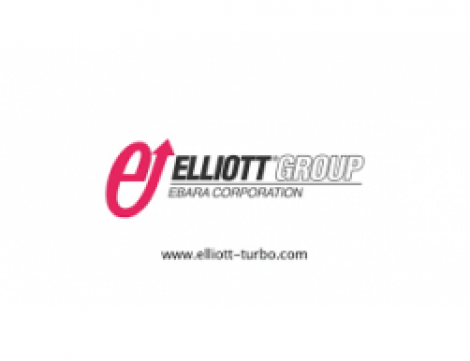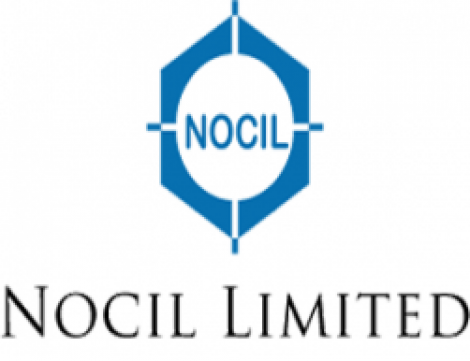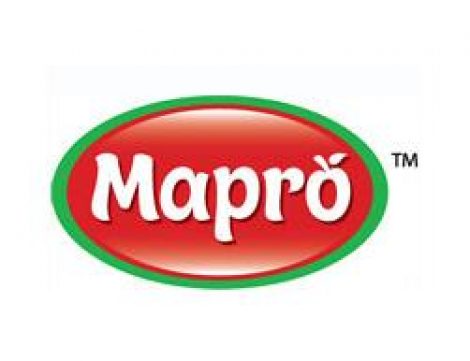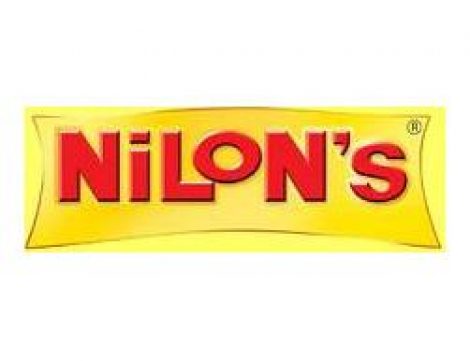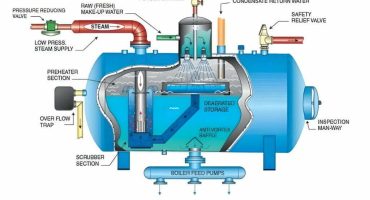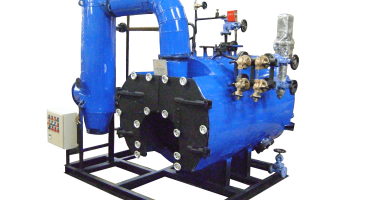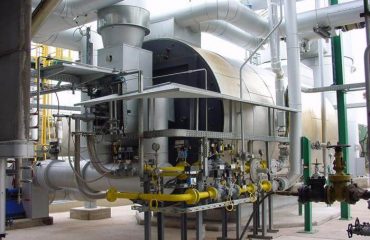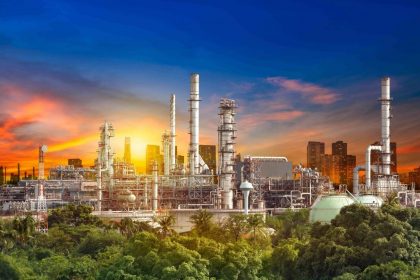
One of the most important factors ensuring the proper functioning of steam boilers is boiler water quality. As the steam is generated through the fuel combustion and heating of water, boiler water quality plays an integral role in steam production. Steam boiler receives the boiler water as a combination of freshwater, such as ground or surface water, purified with a water treatment system, and condensed water that is returned from the process of steam boiler. Both types of water consist of impurities that impact the efficiency of the steam boiler. Therefore, it is necessary to determine the impurities present in these streams for a proper feedwater treatment system.
Causes of Scaling in Steam Boilers:
Scaling in a steam boiler is caused by deposits formed on the internals of piping and heat transfer surfaces as the water is heated and impurities precipitate. The deposits later build up and hinder heat transfer or, in severe situations, cause failure of the tube and steam boiler system. Boiler water includes suspended solids such as silica in it. When boiler water containing silica is heated for steam generation, it leads to forming extremely hard deposits on the internals of the steam boiler on heat transfer surfaces.
The primary boiler water contaminants causing scaling in the steam boiler are:
- Silica
- Calcium
- Aluminum
- Iron
- Magnesium
The intensity of scaling in the steam boiler depends on the amount of the impurities as well as the pressure of the operating steam boiler. High-pressure boilers require a higher quality of boiler water containing lesser impurities compared to lower pressure boilers.
Causes of Corrosion in Steam Boilers:
Corrosion in steam boilers is the breakdown of the metal components that are caused due to various reasons. One of the primary reasons is the dissolved oxygen and carbon dioxide presence that destroys the areas of the steam boiler and causes stress and cracking in the steam boiler system.
Corrosion usually takes place in the most heated parts of the steam boiler that leads to high temperatures, and cracking of the metals increases the breakdown of the materials. It is essential to note that different metals and materials in the steam boiler react differently with the gases and contaminants present, resultantly causing corrosion.
Various types of corrosion that take place in a steam boiler include:
- Galvanic corrosion
- Acidic corrosion
- Caustic corrosion
- Oxygen attack
- Carbon dioxide attack
- Hydrogen embrittlement
Types of corrosion depend on the appropriate pH, oxygen level, amount of solids, and steam boiler design.
Preventing Scaling and Corrosion in Steam Boiler:
- Determining the impurities in boiler water:
As mentioned, boiler water includes two types of water used for steam generation. It consists of fresh water derived from the plant and condensed water returned from the operational process of the steam boiler. Both water types have their share of impurities that will impact the efficiency of the steam boiler.
- Examining unique chemistry of boiler water:
Plant managers follow general guidelines provided by the boiler manufacturer for the steam boiler, depending on its operational pressure. It is advisable to refer to these guidelines while planning a boiler water treatment plan.
- Assessing if the steam boiler is at risk:
High-pressure steam boilers need higher quality boiler water with minimal contaminants present. Therefore, a boiler water treatment program must be performed to prevent the formation of scale and corrosion in steam boilers.
- Regular boiler water treatment program:
Regular and proper pre-treatment for the boiler water manages the internal chemistry of the steam boiler and handles return line corrosion, which is crucial to prevent and control the scale formation and corrosion in steam boilers.
Working of Boiler Water Treatment:
Effective boiler water treatment involves the utilization of chemicals to eliminate corrosive substances, balancing pH levels, and managing the conductivity of boiler water.
Boiler water treatment chemicals are injected into the feedwater at predetermined points for removing the substances that cause corrosion and scaling. These boiler water treatment chemicals include:
- Oxygen Scavengers:
Oxygen scavengers include sulfite that effectively removes the oxygen that remains after the passing of water through the deaerator as oxygen is a catalyst for corrosion.
- Scale Inhibitors:
Scale inhibitors involve introducing phosphates to the boiler water stream to bind the calcium ions and managing them from binding to metal parts that cause scale formation in steam boilers.
Solution for Scaling and Corrosion in Steam Boilers:
Without the proper material, the chemical treatment of boiler water impacts the flow rate, strength, and pressure of the steam boiler systems because:
- A high amount of sulfites are corrosive to various common types of metallic materials.
- Acid phosphate solutions can be corrosive to metallic feed systems with orthophosphate treatments producing deposits in the feed line.
Rakhoh Boilers have been proficient in steam boiler manufacturing and thermal solution since their inception in 1983. We manufacture a range of efficient steam boilers, waste heat recovery boilers, thermic fluid heaters, and boiler accessories. To ensure high efficiency and performance of the steam boiler, we provide excellent boiler services like steam trap assessment, boiler automation, fuel conversion, energy audit, annual boiler maintenance, etc.
Learn more about our products and services by visiting www.rakhoh.com
